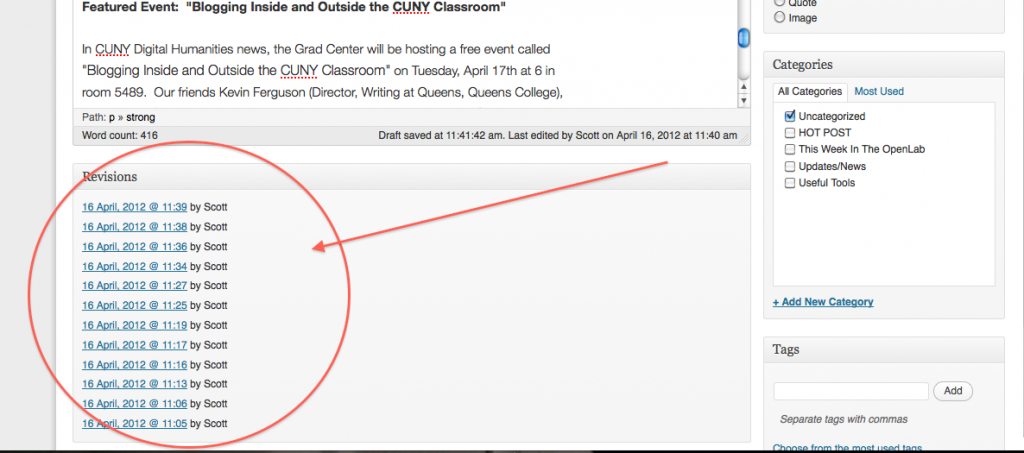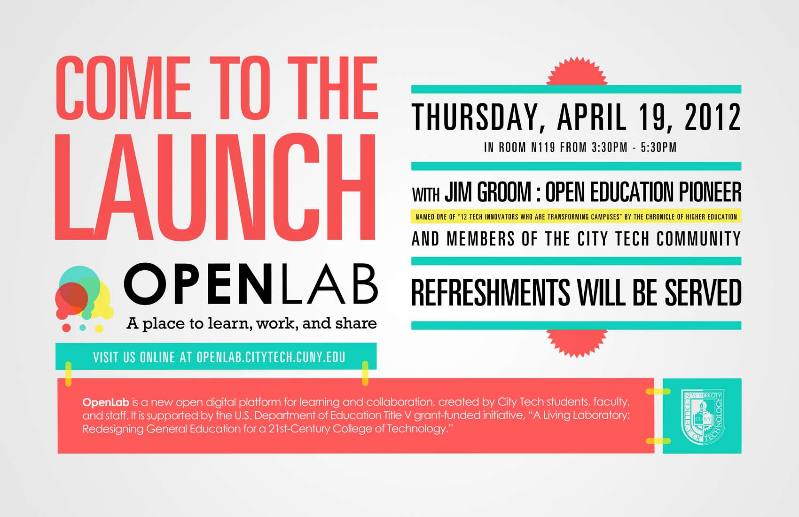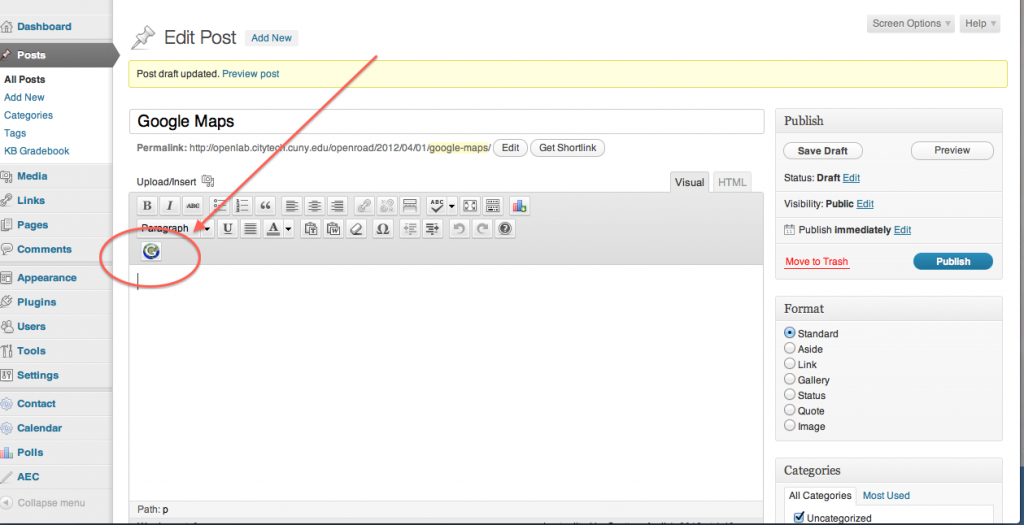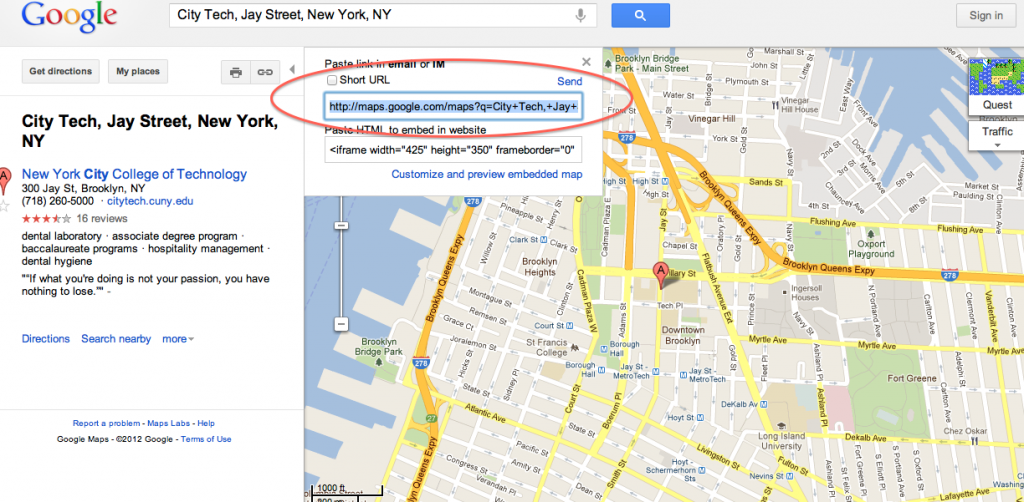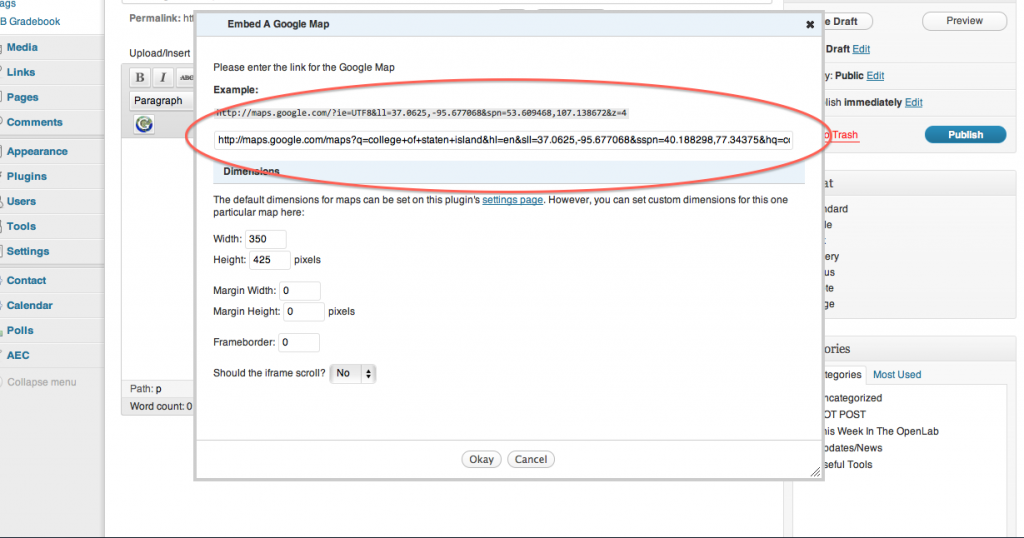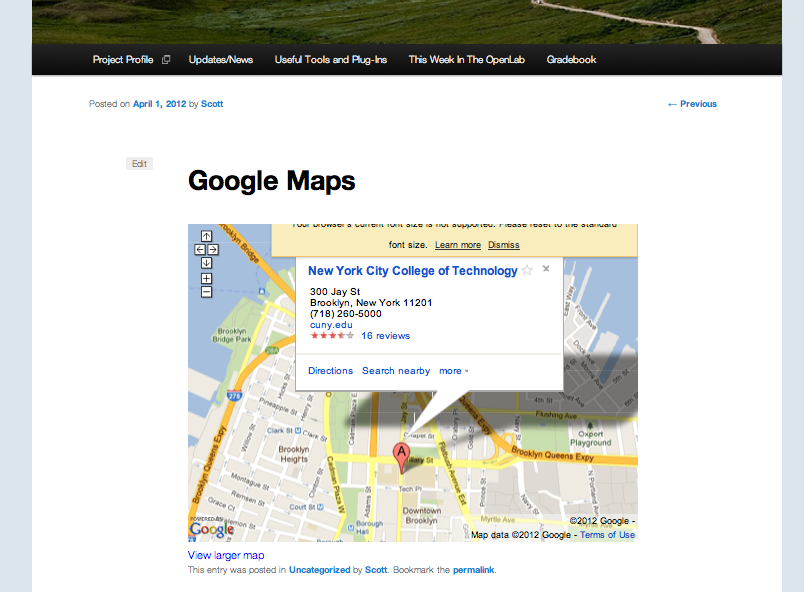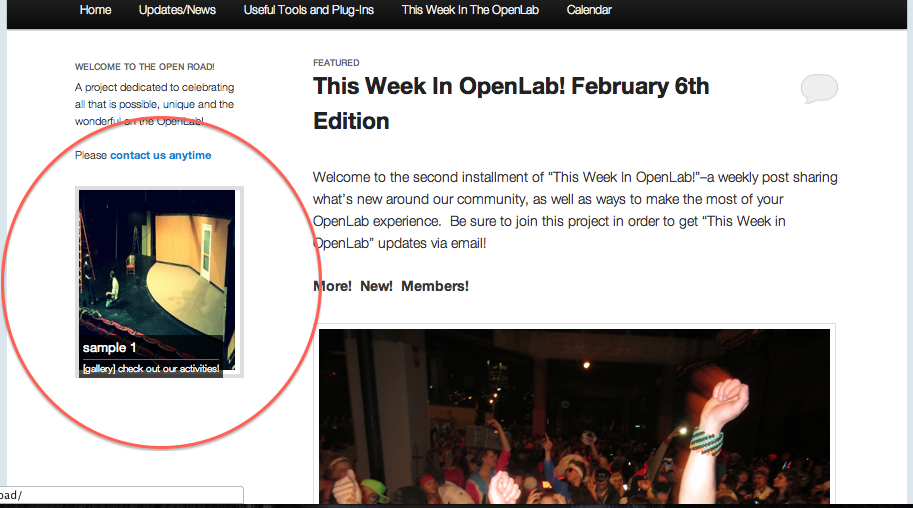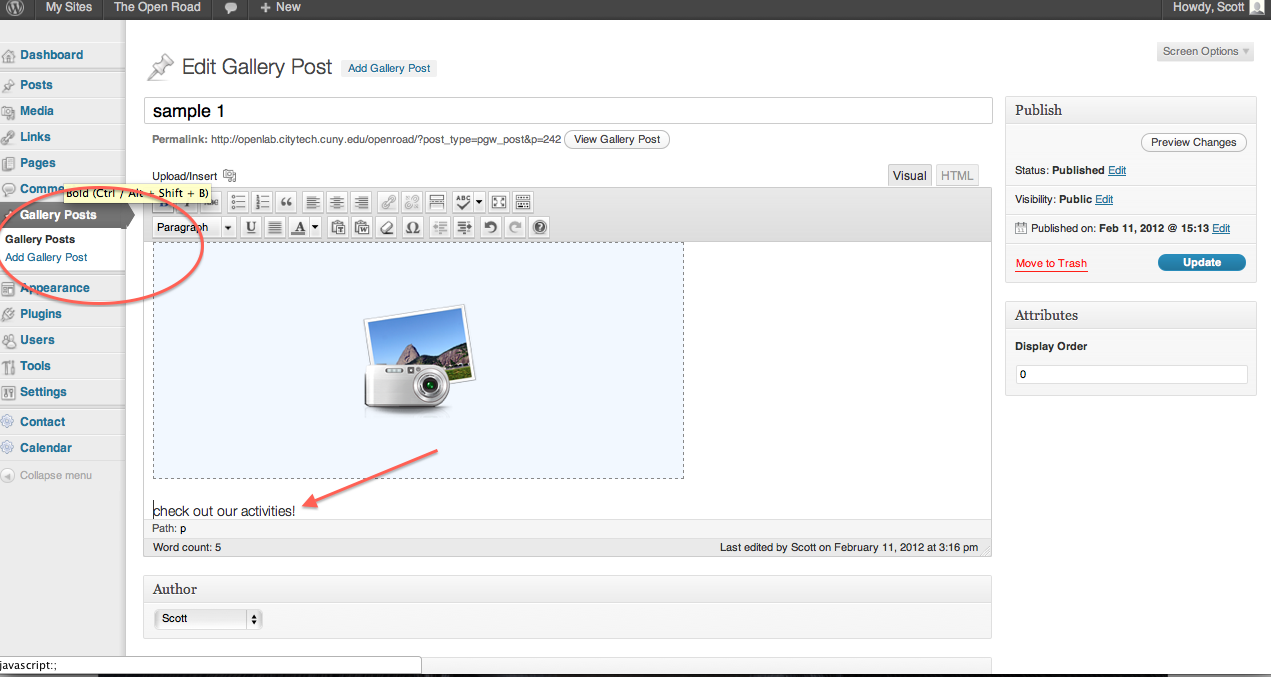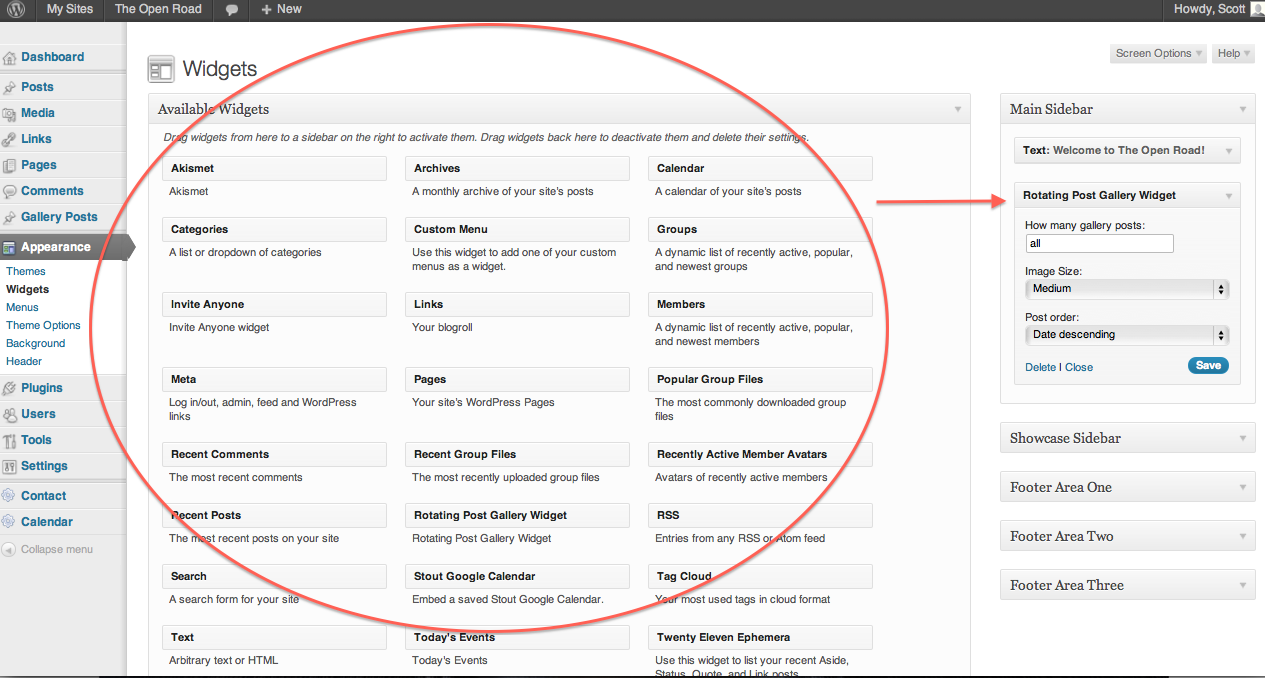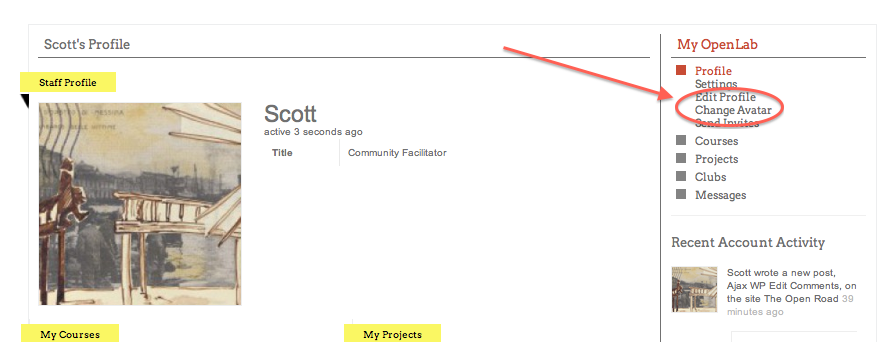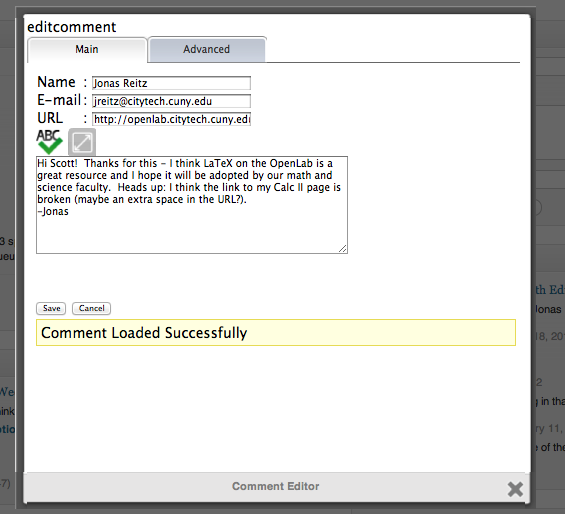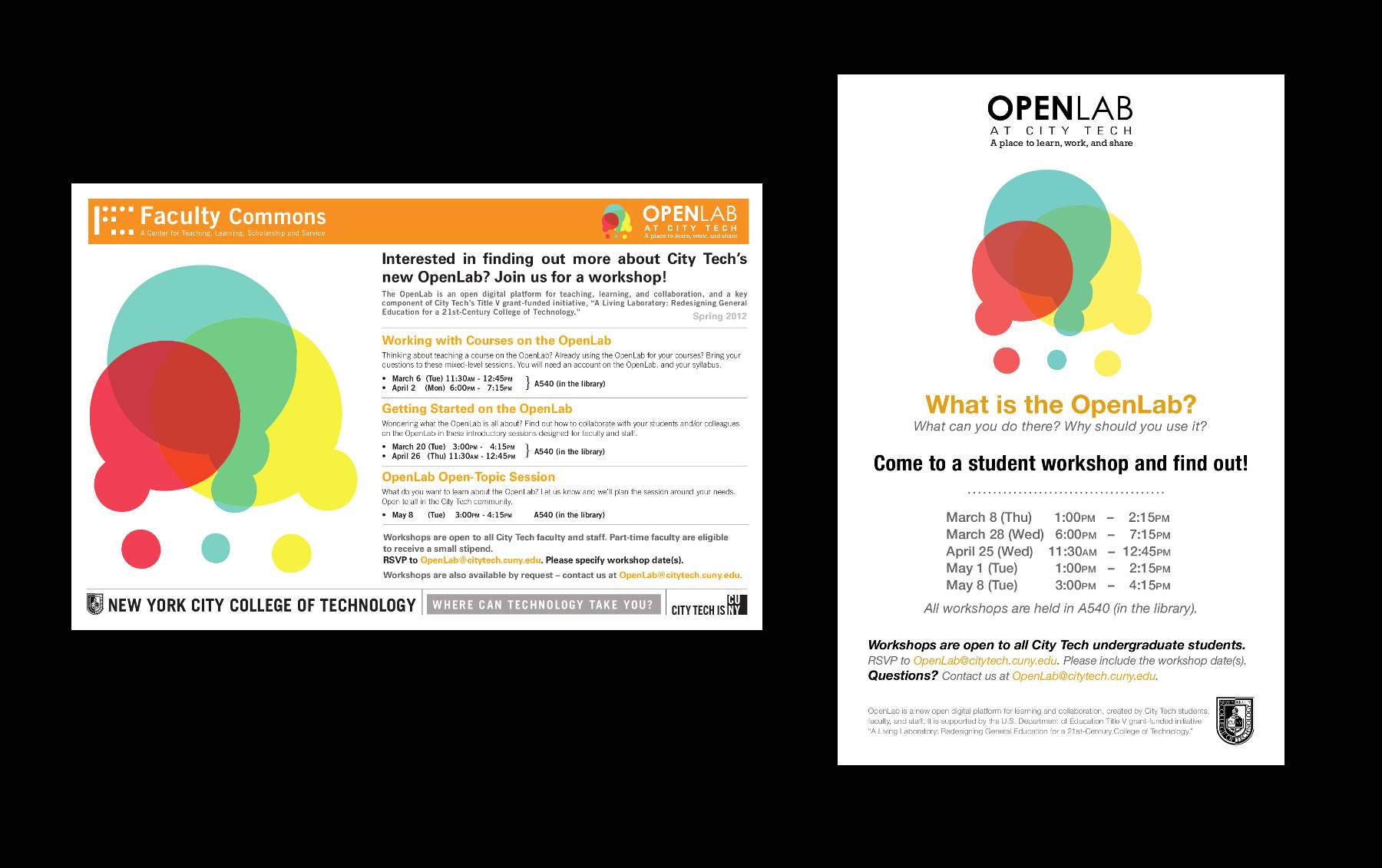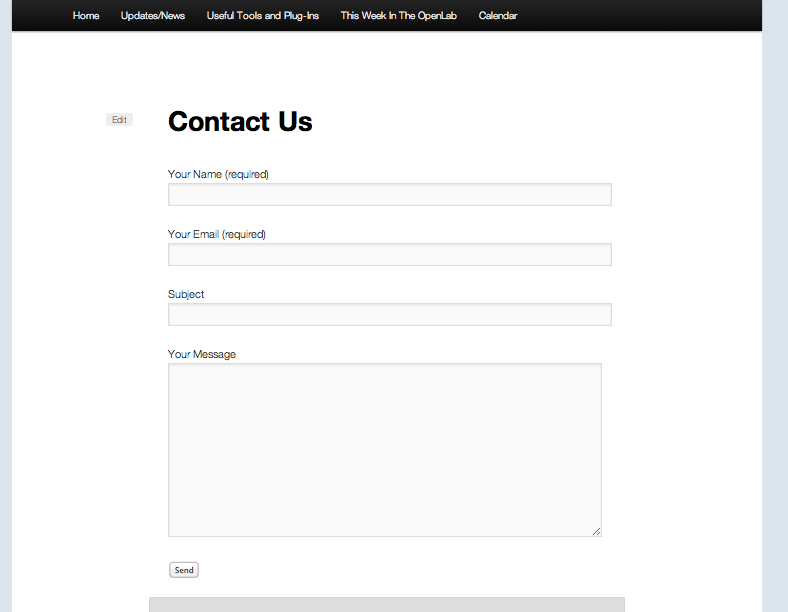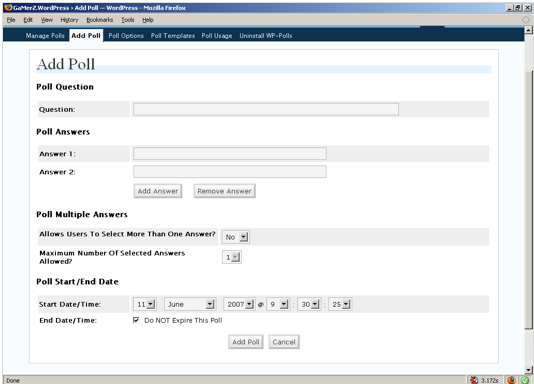 Hawaiian green sea turtle by Dr. Donald B. MacGowan
Hawaiian green sea turtle by Dr. Donald B. MacGowan
Welcome Back!
First off, we hope everyone had a wonderful, relaxing, sun-drenched break, and is all refreshed for the home stretch of the term. Just a few things today…
___________________
The OpenLab Launch!
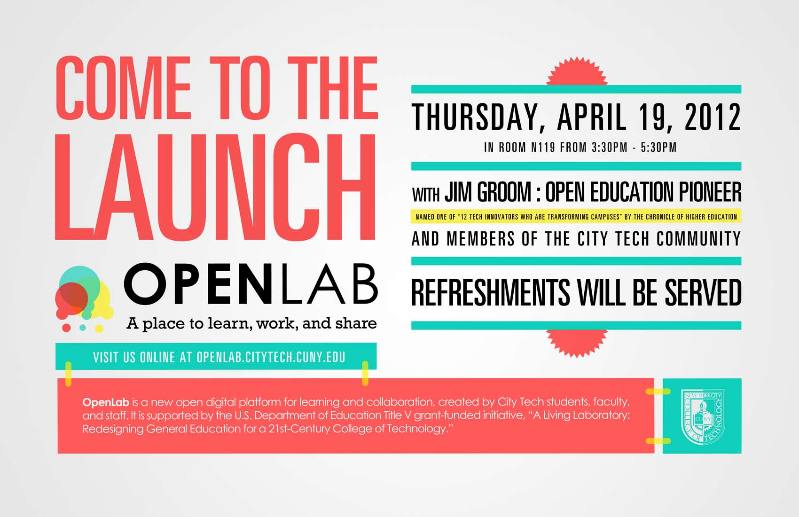 Don’t forget about the OpenLab Launch, which will be this Thursday, April 19th. We’re terribly excited to have as our guest Jim Groom, a pioneer in instructional technology, with a “specific focus on curricula, pedagogical and technologically enhanced projects.” That means–in less acedmic-speak–he’s a leader in creating and using digital academic platforms like the OpenLab. And he’s a great speaker! And there will be snacks!
Don’t forget about the OpenLab Launch, which will be this Thursday, April 19th. We’re terribly excited to have as our guest Jim Groom, a pioneer in instructional technology, with a “specific focus on curricula, pedagogical and technologically enhanced projects.” That means–in less acedmic-speak–he’s a leader in creating and using digital academic platforms like the OpenLab. And he’s a great speaker! And there will be snacks!
_____________________
Featured Assignment: My Infinity
In Jonas Reitz’ always interesting calculus course, his students are working on a project called ‘My Infinity.” Here’s how Jonas describes the project:
We are embarking on a part of the course that deals with infinity — that is, with sequences (infinite lists of numbers) and series (infinite sums of numbers). We are studying this idea in a rigorous mathematical way, but it is a concept that is important in many non-mathematical areas – religion, philosophy, art, and many more. Almost every child, from shortly after they learn to count, has some idea of infinity.
To do this Jonas’ students are creating pages with personal descriptions, narratives and images that represent non-mathematical notions of infinity. Check out Anthony Valdez’ here. And yes, I think we all agree we would be better human beings if Jonas had been our Calculus teacher.
__________________
Featured Tutorial: Using Screen Options
As I remembered just this morning as I accidentally deleted a post, WordPress has a convenient way to recover revisions and older drafts of a page or post. In newer versions of WordPress, however, that feature is hidden in the default setting. To access it (and several other screen options), click the ‘Screen Options’ button in the upper right of the dashboard.
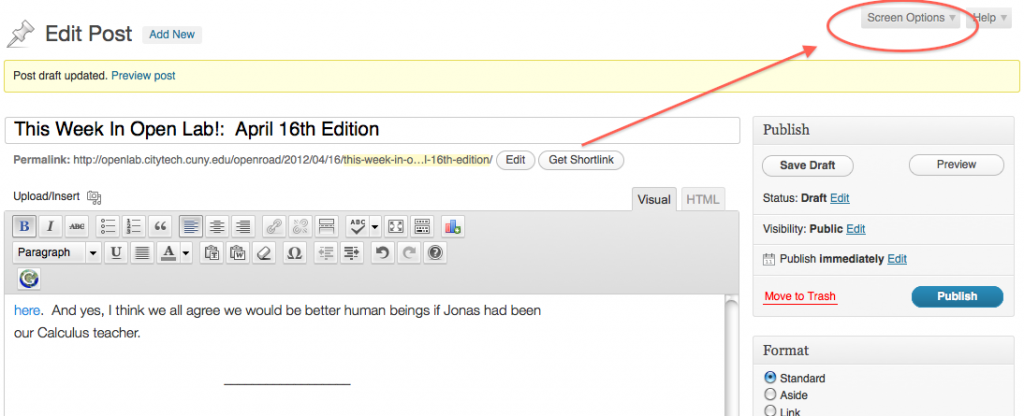 When that opens, you’ll see a set of options, one of which is ‘Revisions.’ Click that, and beneath your main post or page box you’ll see a list of various drafts appear. Clicking on any of them will allow you to view, compare, or restore that draft.
When that opens, you’ll see a set of options, one of which is ‘Revisions.’ Click that, and beneath your main post or page box you’ll see a list of various drafts appear. Clicking on any of them will allow you to view, compare, or restore that draft.
Very simple, but a bit tucked away, so easy to miss!
As always, contact us with any questions.
_____________________
Featured Event: “Blogging Inside and Outside the CUNY Classroom”
In CUNY Digital Humanities news, the Grad Center will be hosting a free event called “Blogging Inside and Outside the CUNY Classroom” on Tuesday, April 17th at 6 in room 5489. Our friends Kevin Ferguson (Director, Writing at Queens, Queens College), Luke Waltzer(Assistant Director for Educational Technology, Bernard L. Schwartz Communication Institute, Baruch College) and Mikhail Gershovich (Director, Bernard L. Schwartz Communication Institute; Coordinator, Writing Across the Curriculum, Baruch College) will all be speaking and leading discussion.


